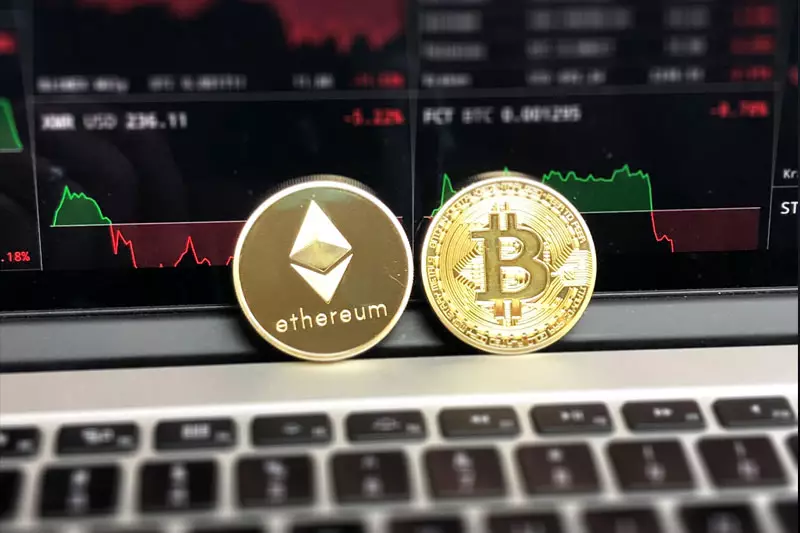In a significant ruling from the U.S. District Court for the District of Columbia, it has been determined that Bitfinex, a prominent cryptocurrency exchange, stands as the exclusive entity entitled to restitution regarding the loss of 119,754 BTC following the notorious 2016 hacking incident. This revelation surfaces in the wake of major developments involving Ilya Lichtenstein and Heather Rhiannon Morgan, who found themselves at the center of this controversial case after pleading guilty to charges related to money laundering and defrauding the U.S. government.
The couple’s ambitious scheme relied heavily on sophisticated hacking techniques that enabled them to access Bitfinex’s systems and unlawfully transfer over 2,000 transactions of Bitcoin into their personal wallets. Their laundering methods were equally elaborate, involving various tactics that included converting a fraction of the stolen assets into gold coins, which were discovered buried by Morgan. The tale of audacity and deception culminated in their arrests in February 2022.
Since the apprehension of Lichtenstein and Morgan, law enforcement officials have made remarkable strides in recovering stolen assets. Approximately 95,000 BTC, an astonishing value of $5.89 billion at current market rates, has been retrieved by the U.S. government, alongside additional assets worth $475 million. Currently, these recovered digital currencies reside in a designated wallet controlled by the FBI, labeled as “bc1qazcm.” The recovery signals a commitment by authorities to mitigate the financial losses inflicted upon Bitfinex and its clientele, re-establishing a semblance of order within the volatile cryptocurrency landscape.
Significantly, the latest updates highlight that Bitfinex remains the sole recognized victim per the stipulations laid out by the Crime Victims’ Rights Act (CVRA) and the Mandatory Victims Restitution Act (MVRA). This situation has arisen due to the company’s prior efforts to compensate affected customers. Bitfinex issued “BFX” tokens which facilitated restitution for victims, all of which were redeemed by April 2017, thereby asserting their proactive approach in addressing the aftermath of the hack. Consequently, no other individuals have been identified as legitimate victims, streamlining the restitution process solely in favor of Bitfinex.
The implications of this ruling extend beyond the nuances of restitution; they pose pertinent questions regarding the responsibility of cryptocurrency exchanges in safeguarding customer assets. The exclusivity of Bitfinex’s claim may set a precedent affecting victim identification in future cryptocurrency-related crimes. As exchanges grapple with improving security measures to thwart potential breaches, the legal landscape surrounding digital asset theft is poised for further evolution.
Overall, as the dust settles on this high-profile case, it serves as a stark reminder of the vulnerabilities inherent in the cryptocurrency realm and reinforces the urgent need for robust security protocols across all platforms in the industry.

